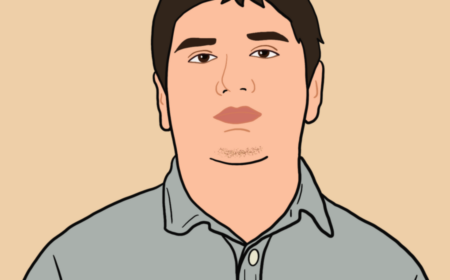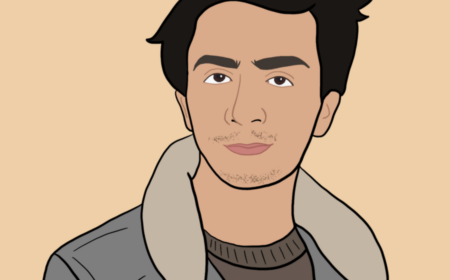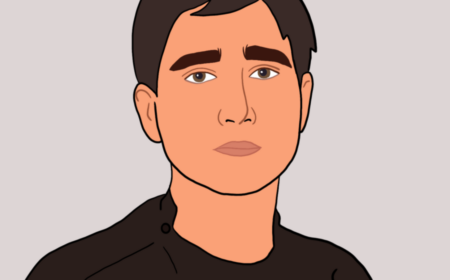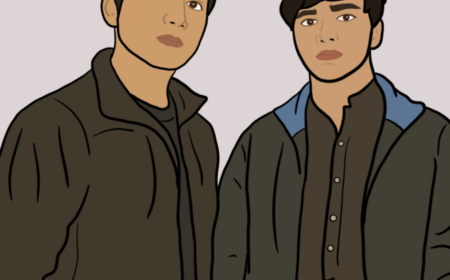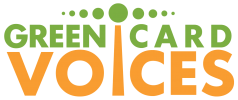Kim Uy
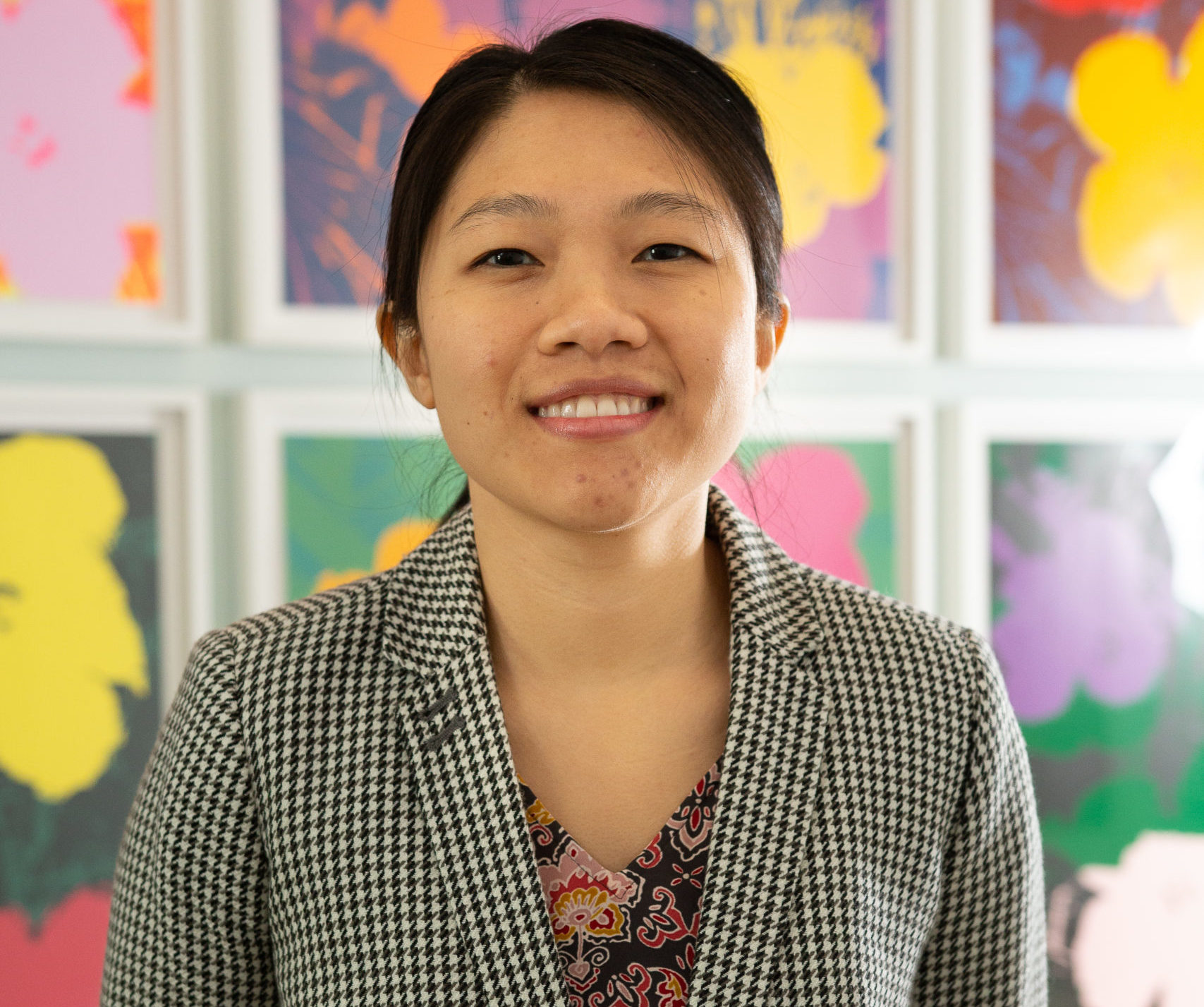
Occupation: MD (Medical Doctor) and MPH (Masters in Public Health) Student
Country of Birth: Cambodia Current: Minneapolis, MN
“I can come to the United States. I can be whatever I want because that’s all you picture about America. It is the land of the dream and you go there and then you know you can achieve whatever you want and that’s sort of my reaction to coming to the United States.”
Kim lived a very busy life as a child in Cambodia. Because her mother was of Chinese descent, Kim was required to attend Chinese school in the afternoons after completing her Khmer school in the mornings. Her parents owned a rice wholesale business, but neither her nor her siblings wanted to inherit the business in the future. Because of this, her parents sought out opportunities to immigrate to the United States to try to create better futures for their children.
Kim remembers the journey to the US as being exciting—she stayed awake the entire fifteen-hour plane ride. When she arrived in the US, the lack of tall buildings and the abundance of farms surprised her because she never pictured the US that way. English proved to be a substantial challenge in Kim’s life in the US, so opportunities like her ESL biology class were especially exciting for her. Not only were the classes accessible to people with limited English skills but also offered her the chance to learn many hands-on opportunities, which sparked her interest in science. She decided to join the Army Reserves after high school and also attend classes at St. Thomas. These paths helped ignite her interest in neuroscience and instilled a new sense of confidence within herself that showed her how she can take on any new challenge if she believes in herself.
Kim decided that she wanted to go to medical school. She passed her exams and began attending the University of Minnesota. She recently returned to Cambodia on a surgery rotation and is excited about continuing to develop work in this field. She hopes to develop more sustainable practices in the medical field to help disadvantaged communities become less reliant on international aid.
